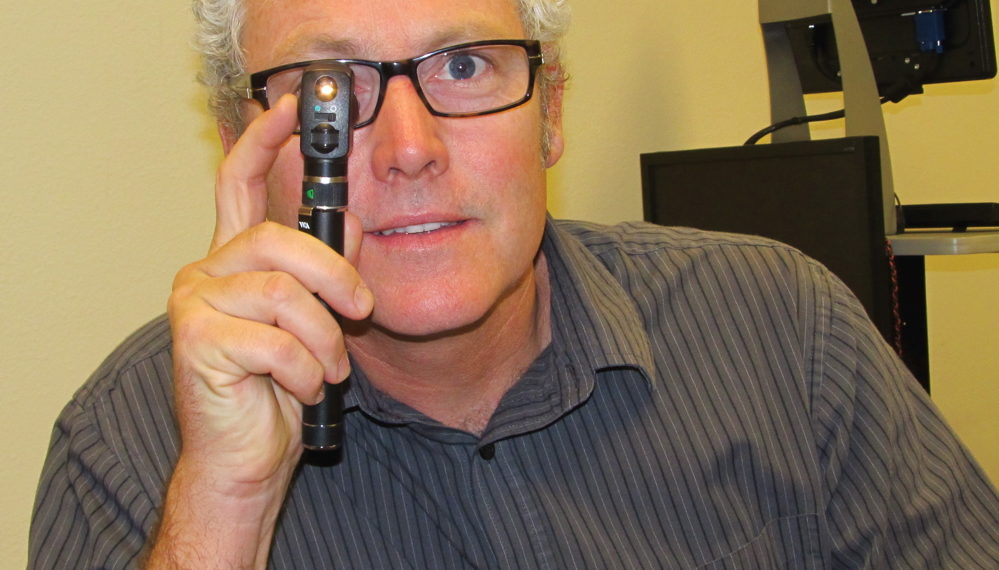President’s Insights July 2020
Review of Recommended Book: Hoping to Help: The Promises and Pitfalls of Global Health Volunteering by Judith N. Lasker
I had the pleasure this week to read a book recommended to me called Hoping to Help: The Promises and Pitfalls of Global Health Volunteering by Sociology Professor Judith N. Lasker. Thankfully, the ideas and concepts presented in this book were not completely unknown to me. VOSH/International, after all, has been striving toward a more long-lasting and sustainable model of developing vision and eye care for a decade or two at the very least.
The book investigates the value of short-term clinics, which of course VOSH has been doing for five decades, along with the possible disadvantages and even harms of such an approach.
In the end, the book settles on a series of nine principles to help guide development workers and volunteers, which I will adapt for VOSH as follows:
- Foster mutuality between VOSH Chapters (or VOSH/International) and host countries at every stage. This means listen. Take the time to ask the question, “How can we help?” Then listen; do not assume anything.
- Maintain continuity of programming. Establish a long-term relationship that lasts, not for a week or two, but throughout the year until your VOSH Chapter returns, if possible.
- Conduct needs assessment with host-community involvement. Again, do your research, ask questions then listen.
- Evaluate process and outcomes and incorporate the results into improvements. Sadly we have done a poor job of this in the past. I would be best to assign someone to evaluating the results as the clinic progresses, and continue to communicate in the months after the clinic. What were the successes? What could we do better next time?
- Focus on prevention. Sunglasses. Diabetic education. Hand and face hygiene. Better infrastructure including sanitation and waste removal.
- Integrate diverse types of health services. This goes both ways. Medical clinics could incorporate eye and vision care. Eye clinics could incorporate better health maintenance.
- Build local capacity. Work with local schools of optometry and their teams. Support their programs. Invite local optometrists and optometry students to your clinic. Share your expertise and be open to learn.
- Strengthen volunteer preparation. Learn the language. Learn about the culture and the local context. Open up your world.
- Have volunteers stay longer. If possible, yes. If that is not possible, then simply continue the conversation year around. Continue nurturing this important relationship
I must say this was a good read. I highly recommend Hoping to Help: The Promises and Pitfalls of Global Health Volunteering by Sociology Professor Judith N. Lasker.
Daniel Twelker, OD, PhD, FAAO, FVI
President, VOSH/International

